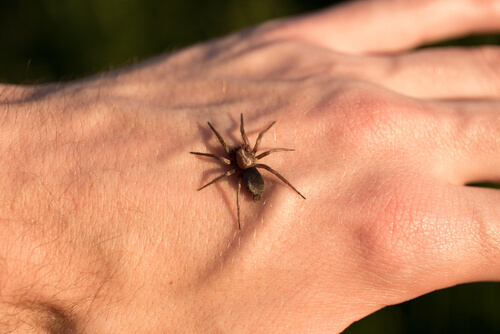
Many people are terrified of spiders and it’s easy to see why. These are hairy, eight legged, alien-looking home invaders that come and go as they please and that might be crawling all over your face in the night for all you know.
But while spiders might seem frightening in appearance and in concept, the reality is that most of them are harmless. In fact, most spiders actually do a lot of good for you and your home. The main role of a spider in your home is to sit quietly in the corner, not bothering anyone and trapping more serious threats such as flies that can contaminate your food and wasps that can leave a nasty sting.
Their biggest crime is just looking a little funny.
Though with that said, this is not true of all spiders. In the US, there are just two exceptions that can cause you harm: the black widow and the brown recluse. The good news is that even these spiders are relatively harmless to humans seeing as they don’t tend to bite.
But with all that said, if you do suspect that you may have been bitten by one of these poisonous breeds of spider, then it becomes very important indeed that you do something about it as quickly as possible. And by ‘do something about it’, I mean get in touch with the emergency medical services.
The key to staying safe then is not to scream and hop onto the nearest stool whenever you see a spider, but rather to learn to identify the dangerous kinds of spider bites. In this post, we’ll look at
14 symptoms that can help you to diagnose such a problem.
Regular Spiders
1. Redness and Pain
A bite from any spider is likely to cause some localized redness, irritation and pain. This will normally be easily treatable with an over-the-counter local analgesic to cool the discomfort and ease the swelling. Failing that, you can use a wet cloth to bring down the swelling. You might find that the pain remains itchy for around a 7-10 days and after this point you should notice the discomfort going down. The pain is mild generally and might be sore to touch but shouldn’t cause you to wince and shouldn’t prevent you from going about your usual activities.



